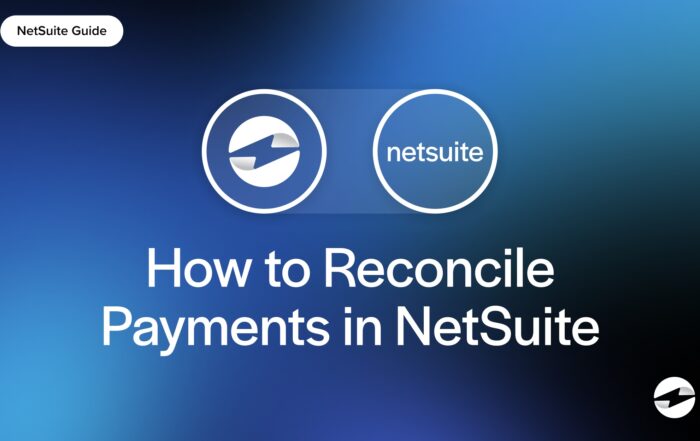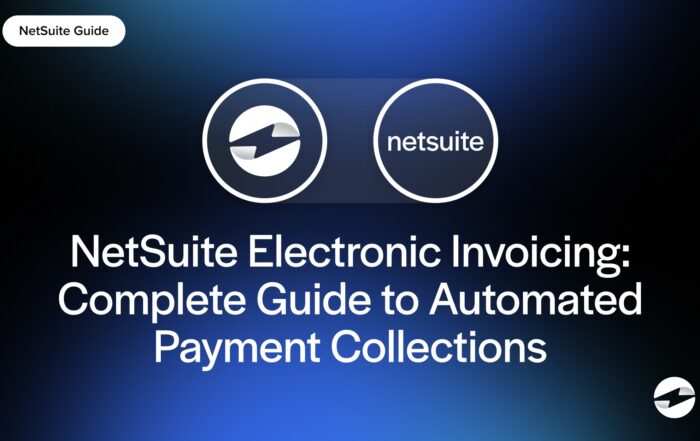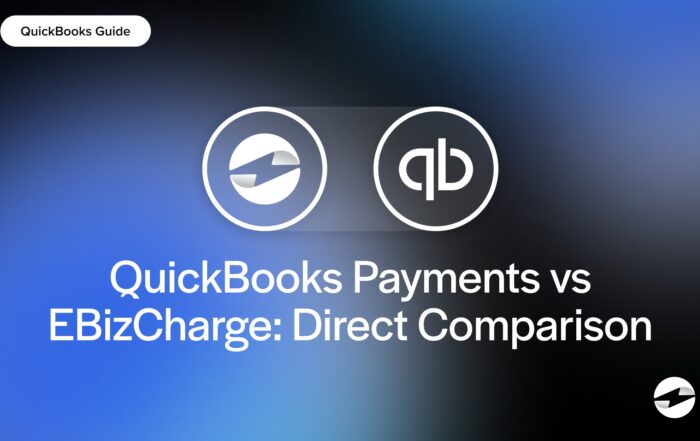What is a payment processor?
A payment processor is a company or service that handles electronic transactions between businesses and customers by transmitting payment data between banks. It makes sure credit cards, debit cards, and digital wallet payments are authorized, processed, and settled. When you swipe a card at a store or enter payment details online, the payment processor helps facilitate the movement of funds from the customer’s account to the business’s account smoothly and securely.
Key Points
- A payment processor moves payment data between the customer’s and merchant’s banks to authorize and complete transactions.
- Payment processors authorize payments, communicate with banks, and transfer funds in real time.
What does a payment processor do?
While invisible to customers, a payment processor actively manages transactions within a couple of seconds. It’s a service we all interact with almost every day but never even think about. Here’s what it does:
- Authorizes transactions – When a customer makes a payment, the processor checks if they have sufficient funds and checks for fraud.
- Talks to banks – It connects the customer’s bank (issuer) and the merchant’s bank (acquirer) to move the funds.
- Encrypts and secures data – It protects card details through encryption and fraud prevention.
- Settles – It puts the funds in the merchant’s account after authorization.
For example, when you order coffee and pay with your card, your payment processor will send a request to your bank asking to verify the transaction. The bank will send back an authorization code. If approved, the processor will tell the coffee shop this transaction is verified.
All of this happens in seconds, and the customer will soon have a delicious coffee to enjoy.
Card network vs. payment processor
A common mix-up in payment processing is between a card network and a payment processor. Here’s the difference:
Card Networks (Visa, Mastercard, American Express, Discover) set the rules and infrastructure for payments moving between banks. They determine interchange fees and ensure transactions comply with regulations.
Payment Processors move payment data and authorize and settle transactions.
While card networks provide the rules and infrastructure, payment processors make sure each transaction successfully travels from point A (the customer’s bank) to point B (the merchant’s bank). Think of it like a train system. The card network is the railway company that lays the tracks, sets the schedules, and ensures trains follow the rules. The payment processor is the conductor that checks tickets, signals departure, and ensures each train reaches the right destination on time.
How to become a payment processor
Starting a payment processing company isn’t easy—it requires licensing, security compliance, and partnerships. Here’s an overview:
- Get a sponsor bank – Payment processors need a bank partnership since only banks can settle transactions.
- Get PCI compliance certification – PCI DSS compliance ensures transactions are secure.
- Develop or partner for technology – A payment processor needs a secure transaction gateway.
- Register with card networks – Companies need approval from Visa, Mastercard, and other networks to process payments.
- Build fraud prevention systems – Risk management tools protect businesses and customers.
When creating a payment processor, understand that you will need a significant amount of upfront and ongoing capital. You are assuming financial risk with every transaction. Make sure to establish processes to mitigate your financial risk, such as establishing underwriting, keeping a rolling reserve, and hiring a skilled team.
Payment gateway vs. payment processor
While both terms are used interchangeably, they do different things:
- Payment gateway – A software tool that encrypts and transmits payment details securely. It’s like a digital cashier that captures payment information.
- Payment processor – The company that authorizes the transaction and moves funds between banks.
In an online store, the payment gateway collects customer card details and securely sends them to the payment processor, which then processes the transaction. Whenever money gets moved, it is because of a payment processor. The processor routes payment details and serves as a transaction faciliatator
Payment processor companies
Here are some payment processor businesses you c use:
- EBizCharge – Top-tier payment processor for B2B transactions with seamless ERP and accounting system integrations.
- Fiserv – Global financial technology company with payment processing solutions.
- Chase Payment Solutions – Processing and banking services under one roof.
- Worldpay – International transaction processor.
- First Data – Processes millions of transactions daily for businesses of all sizes.
- PayPal – Payment processing and merchant account services.
- Square – Small business and point-of-sale processor.
- Adyen – Global payment processor for large enterprises.
- Stripe – Developer-friendly processor with extensive API capabilities.
Choose the right processor based on security, fees, and integration capabilities.
You May Also Like
NetSuite Electronic Invoicing: Complete Guide to Automated Payment Collection
Read More
Read More
Read More



